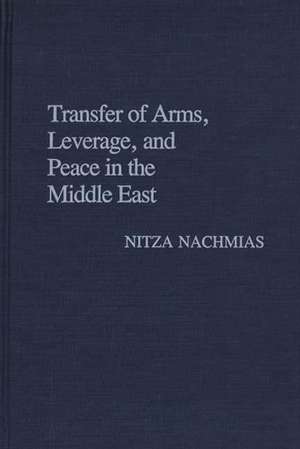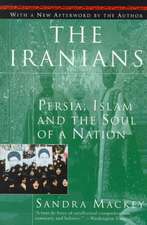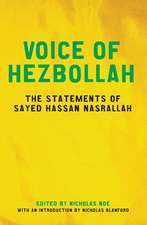Transfer of Arms, Leverage, and Peace in the Middle East: Modern Dramatists Research and Production Sourcebooks,, cartea 83
Autor Nitza Nachmiasen Limba Engleză Hardback – 31 oct 1988
Although Israel has been primarily dependent on U.S. arms for its national security since 1968, supplying military aid has not conferred the degree of policy leverage anticipated by the United States. This study is the first to analyze the reasons why the tactics of transferring or withholding arms have failed to achieve U.S. foreign policy goals in the Middle East. Providing a thorough, up-to-date reexamination of the U.S.-Israeli relationship, Nachmias gives a comprehensive account of U.S. Middle East policy from 1968 to 1988 and explores the international and regional dilemmas that have undercut U.S. policy initiatives for peace.
Nachmias argues that the use of military aid to achieve foreign policy goals ignores the regional conditions that control Middle East politics and does little to advance the peace process or enhance U.S. power in the region. To promote these objectives, she suggests alternative approaches, including the creation of a coherent and consistent U.S. policy for the region and a stronger and more innovative diplomatic role. One of the few analyses to consider international policy questions in terms of leverage between client and patron states, Nachmias's work significantly enlarges our understanding of the complex forces that will continue to shape the Middle East situation in the coming decades. Her book will be a valuable resource for scholars, officials, and students specializing in U.S. politics and foreign policy and Middle East studies.
Preț: 436.99 lei
Preț vechi: 707.31 lei
-38% Nou
83.63€ • 86.99$ • 69.04£
Carte tipărită la comandă
Livrare economică 14-28 aprilie
Specificații
ISBN-10: 0313263000
Pagini: 208
Dimensiuni: 156 x 234 x 13 mm
Greutate: 0.48 kg
Editura: Praeger Publishers
Seria Modern Dramatists Research and Production Sourcebooks,
Descriere
Nachmias argues that the use of military aid to achieve foreign policy goals ignores the regional conditions that control Middle East politics and does little to advance the peace process or enhance U.S. power in the region. To promote these objectives, she suggests alternative approaches, including the creation of a coherent and consistent U.S. policy for the region and a stronger and more innovative diplomatic role. One of the few analyses to consider international policy questions in terms of leverage between client and patron states, Nachmias's work significantly enlarges our understanding of the complex forces that will continue to shape the Middle East situation in the coming decades. Her book will be a valuable resource for scholars, officials, and students specializing in U.S. politics and foreign policy and Middle East studies.














